What Does it Mean to be Female, Arab American and Muslim in Dearborn?
WDET interviewed the cast of “Undesirable Elements/Dearborn”
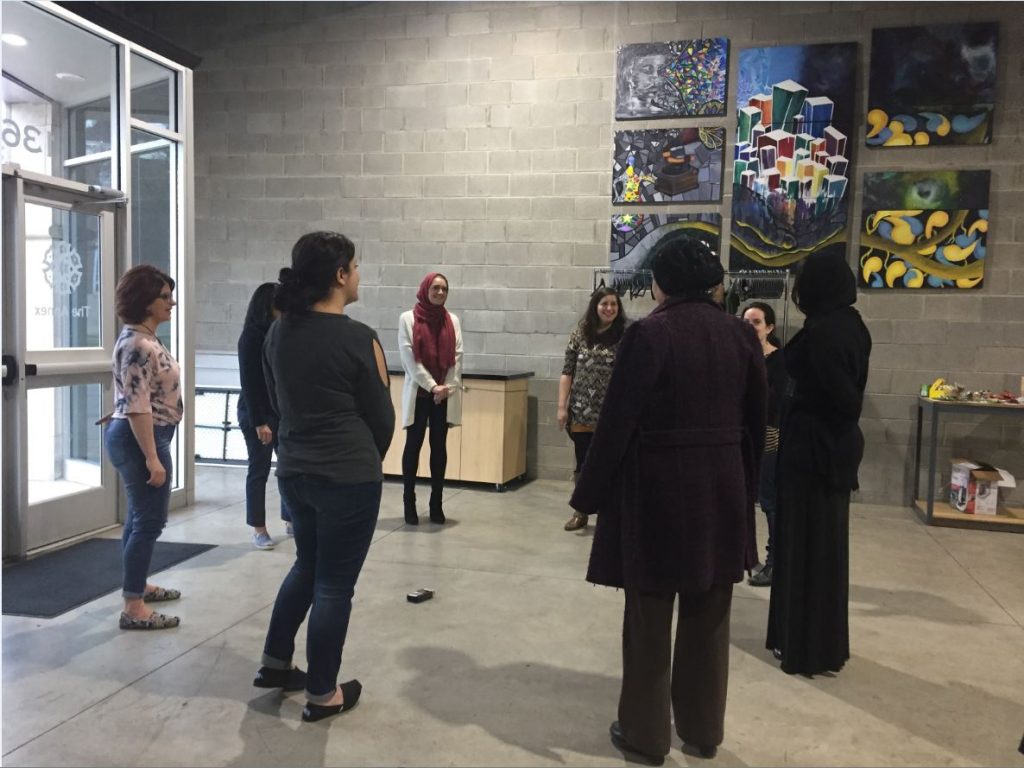
An unconventional play entitled “Undesirable Elements/Dearborn” opens this weekend at the Arab American National Museum. The show is a live, theatrical documentary written from interviews with six women about their own lives, identity, and relationship with Dearborn. For the performance, these women will read their own words on stage.
WDET had the chance to interview five of the six cast members before a rehearsal. Click on the player above to hear an audio collage of what they had to say. Or, scroll down to access the full interviews.
The Undesirable Elements series was created by New York’s Ping Chong + Company in the 1990s.
“We’ve gone all around the world making interview-based theatre projects in different communities where we invite local individuals to tell their stories on stage,” said Sara Zatz, associate director for Ping Chong + Company. She’s also a co-writer and co-director for Undesirable Elements/Dearborn.
Zatz said the show, which is being produced in partnership with the Arab American National Museum, aims to explore questions like, “What does it mean to be Arab American in Dearborn? What do people outside of Dearborn think when they hear about the Arab community in Dearborn?” And, “What are some of the challenges and unspoken stereotypes that may be held within the community?”
“It’s not just intended for people who don’t live in Dearborn to learn about the Arab American community,” said Zatz, “It’s also intended to shine a light on the Arab American community from within.”
This particular production is co-written and co-directed by Sherrine Azab of the Detroit-based theatre company A Host of People.
“I think in the wider world-view, Dearborn has a complicated reputation. And a lot of it is based in complete fiction,” said Azab, referencing claims that the community is ruled by Sharia Law. “Dearborn is a wonderful, vibrant diverse community and I think storytelling is a wonderful way to get that out.”
Meet Undesirable Elements/Dearborn Performers
Layla Elabed:
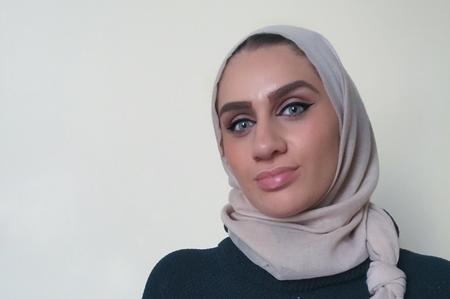
“I really haven’t told anybody that I am doing this. I think that I am nervous about some family members’ and friends’ reactions because I do ‘spill the tea’ in my story. But I think that’s OK.”
Listen to a behind-the-scenes, unedited interview with Layla by clicking here.
Shahad Atiya:
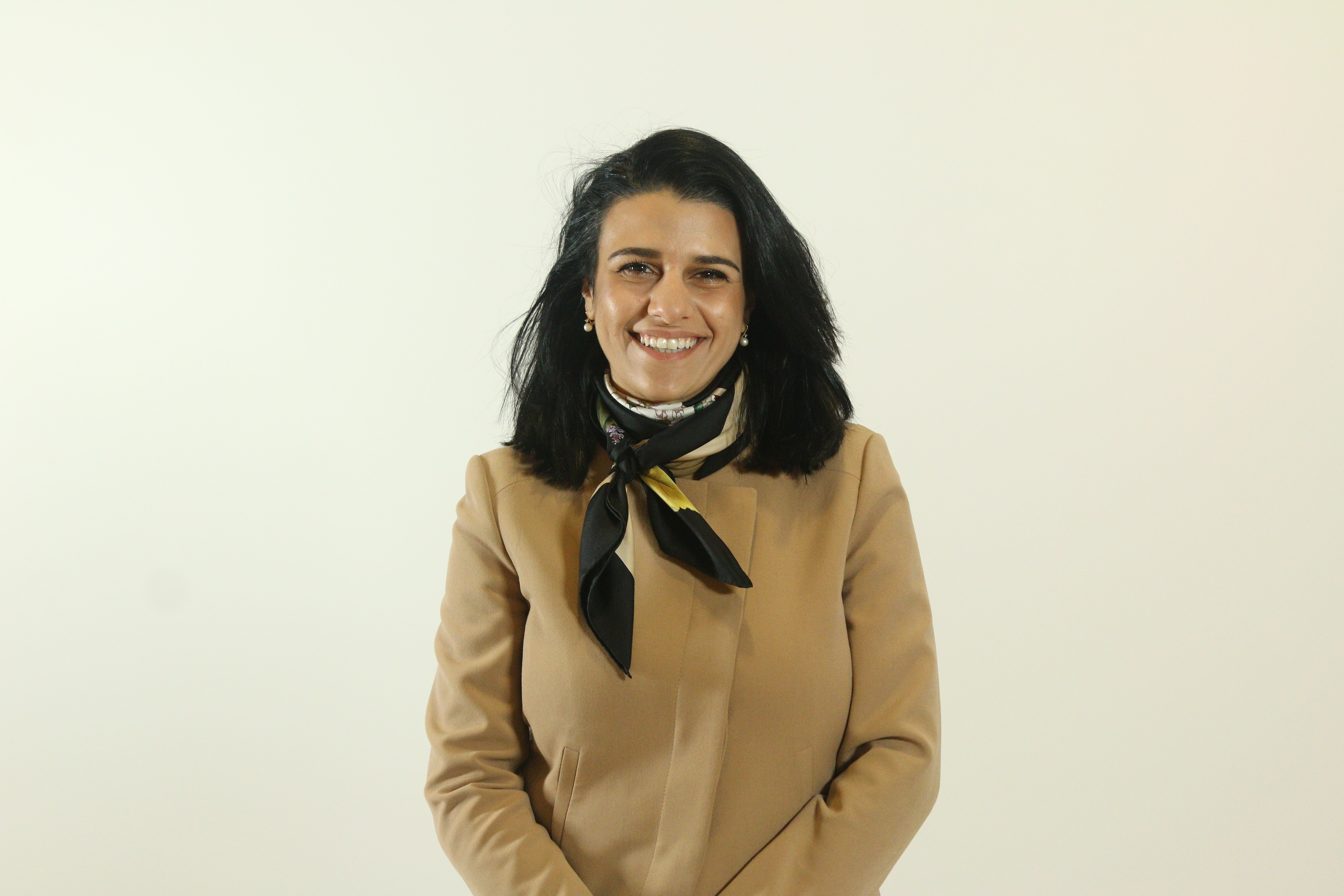
“My choice to be an attorney started because I was interested in being a lobbyist. I had looked up, in high school, how to be a lobbyist and everyone needed a law degree. So, I went into law school thinking maybe I won’t be an attorney. I’ll just get the training. And by the end of law school, I was not really sure, still, what I was going to do with my life. And so I thought I’ll start a law firm.”
Listen to a behind-the-scenes, unedited interview with Shahad by clicking here.
Mary Gagnon:
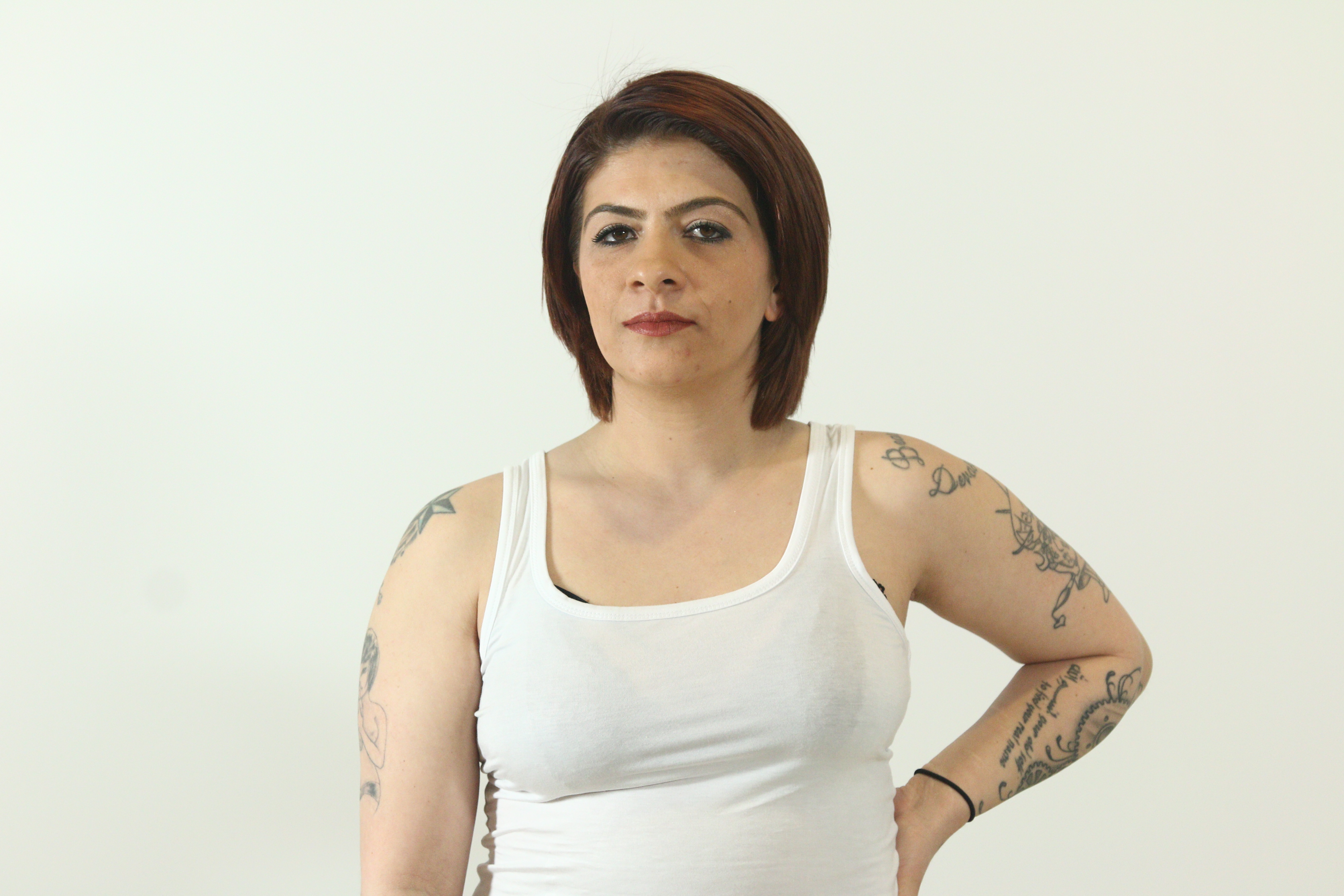
“My dad was a tailor. He had a tailor shop on East Warren in Dearborn, the one on the Schaefer intersection right there next to Yasmeen Bakery, where he had his shop for my entire life. And he was a poet and an author. I grew up in a very art-inspired environment. That’s probably where I get my passion from. ”
Listen to a behind-the-scenes, unedited interview with Mary by clicking here.
Rasha Almulaiki:
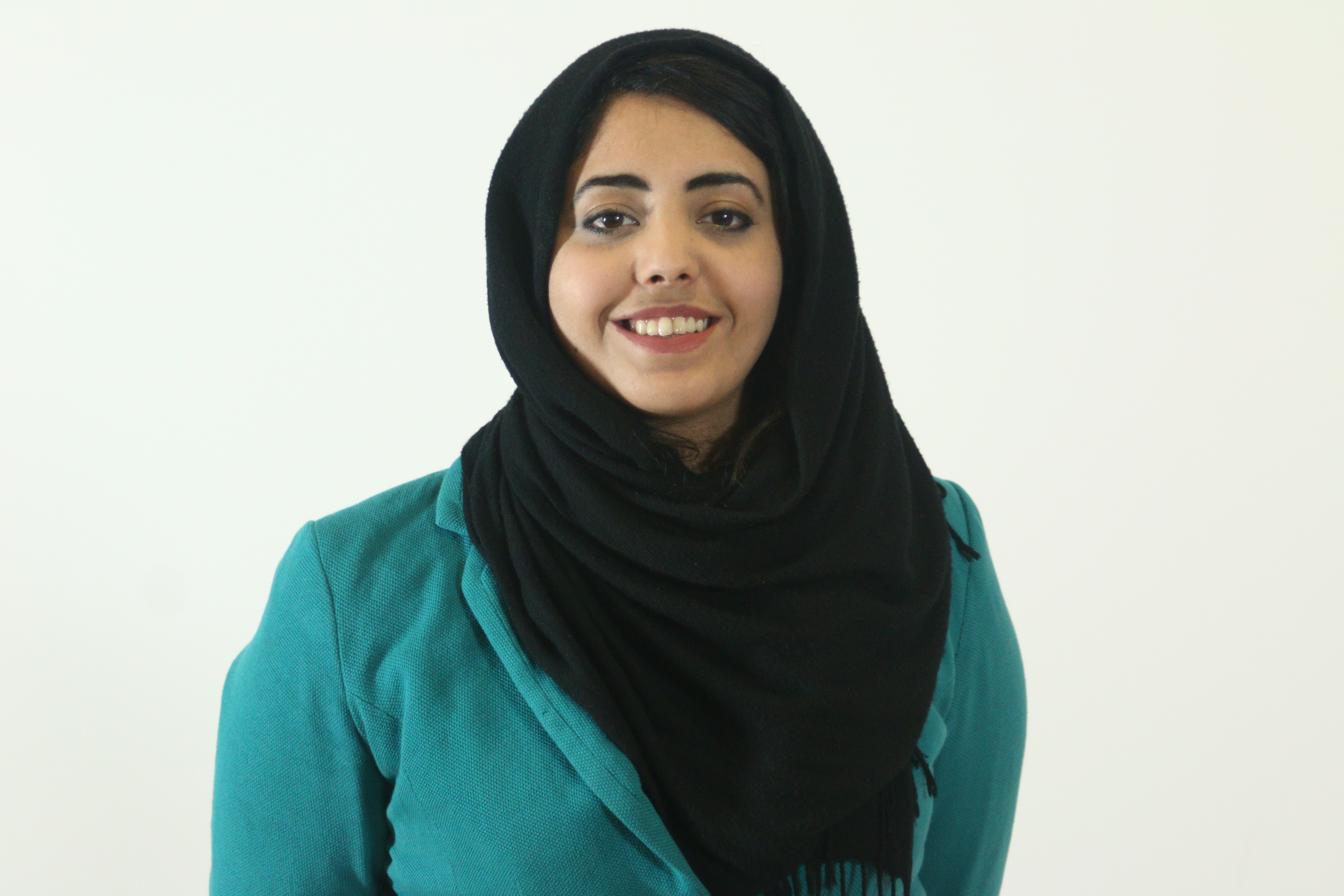
“I’ve been kind of written-off, just someone sees me in a hijab thinking that they know me or they know my story or know what I believe in. Such as, people are always surprised of my advocacy for LGBT rights. They’re like, ‘Wait, that does not… [it’s] mutually exclusive with being Muslim or being Arab,’ and I’m like ‘No, not necessarily.’”
Listen to a behind-the-scenes, unedited interview with Rasha by clicking here.
Salam Aboulhassan:
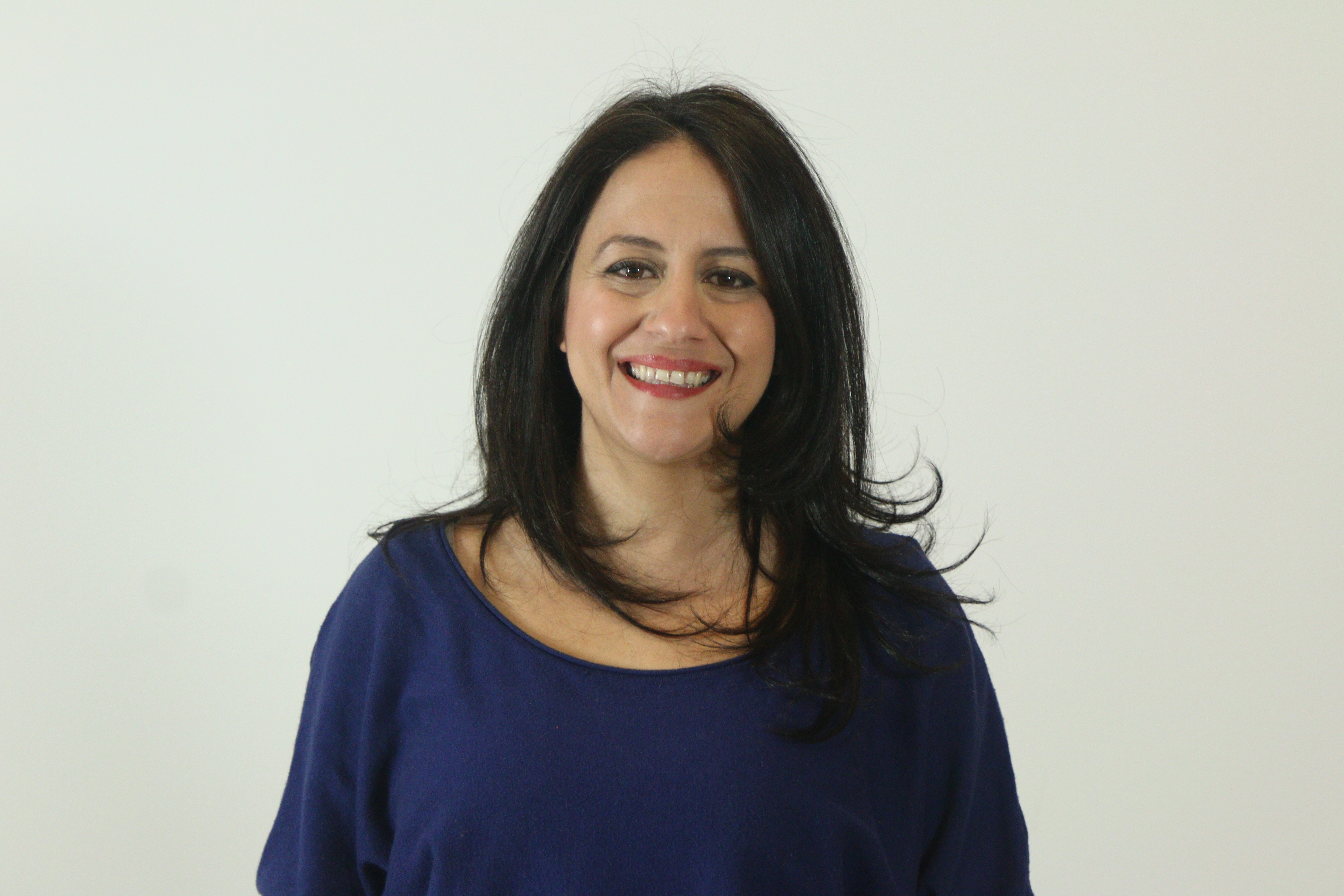
“I really fear that I’m going to be victimized. I say ‘victimize’ like not, nobody’s going to attack me, but people are going to victimize me. I’m not looking for pity. I think that’s actually what I want people to know is that this is actually coming from a place of intense power… power that I never really knew I had.”
Listen to a behind-the-scenes, unedited interview with Salam by clicking here.
Nuzmeya Bader Elder is also a cast member of Undesirable Elements/Dearborn but unfortunately, she was not available to be interviewed during the time slot WDET proposed.
The sold-out show opens at 8 p.m. on Friday, May 11. More information can be found here.
Related WDET Coverage
Upcoming Play in Dearborn to Feature Arab-American Voices in Their Own Words
New Book Explores Islamophobia in America
CuriosiD: How Did Detroit Become a Center for Arabs in the United States?
